For the black man there is only one destiny. And it is white
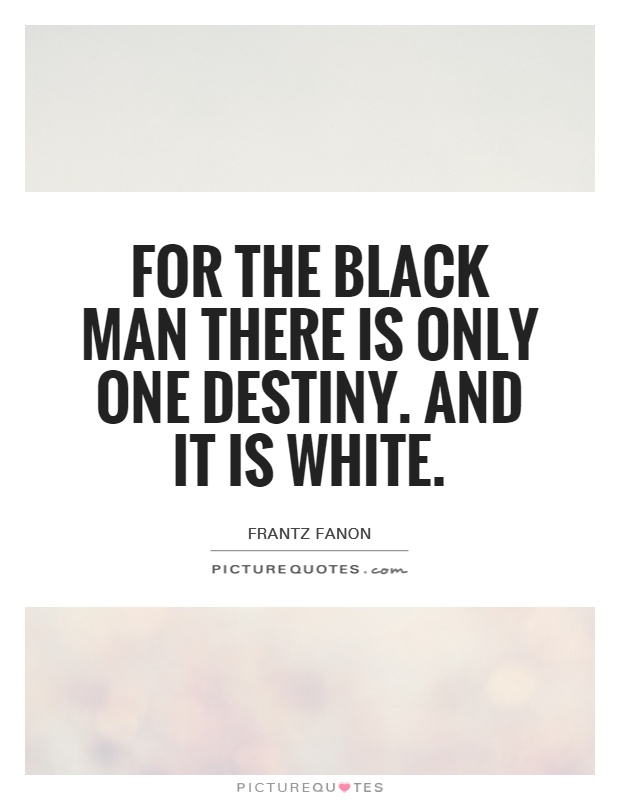
For the black man there is only one destiny. And it is white
The statement "For the black man there is only one destiny. And it is white" is a powerful and thought-provoking assertion that speaks to the pervasive influence of whiteness in society and the ways in which it shapes the experiences and opportunities available to black individuals. This statement highlights the systemic racism and white supremacy that have historically marginalized and oppressed black people, relegating them to a subordinate position in a society that privileges whiteness.In many societies around the world, whiteness is often equated with power, privilege, and success, while blackness is associated with inferiority, poverty, and struggle. This dichotomy is deeply ingrained in social structures and institutions, perpetuating a cycle of inequality and injustice that limits the potential and opportunities of black individuals. The statement suggests that the destiny of black people is ultimately determined by the dominant white culture, which sets the standards and norms for success and acceptance in society.
The idea that the destiny of black individuals is tied to whiteness reflects the pervasive influence of white supremacy, which positions white people as the standard of beauty, intelligence, and morality. This standard not only marginalizes black people but also erases their unique identities and experiences, forcing them to conform to a white-centric worldview in order to be accepted and valued in society. This erasure of black identity and culture perpetuates a cycle of assimilation and self-denial that can have damaging effects on the mental and emotional well-being of black individuals.
Furthermore, the statement implies that black people are inherently inferior to white people, reinforcing harmful stereotypes and prejudices that have been used to justify discrimination and violence against black communities. By equating blackness with a predetermined destiny of subservience to whiteness, the statement perpetuates a narrative of racial hierarchy that dehumanizes and devalues black individuals.


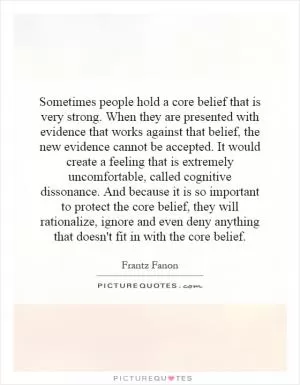
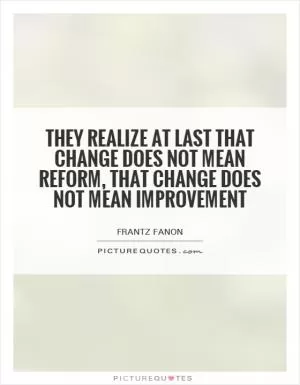

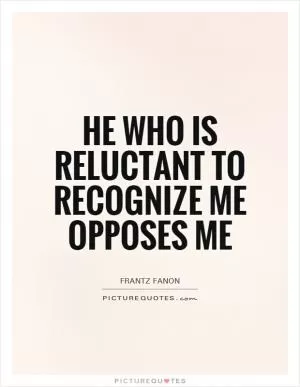
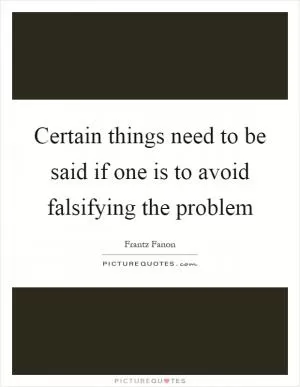


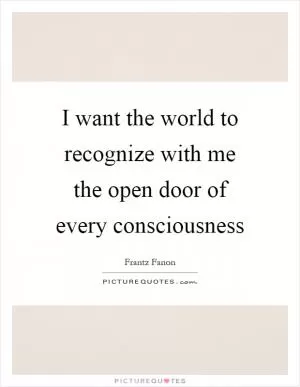
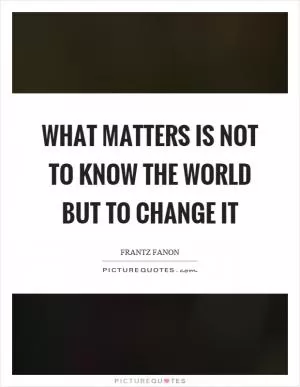
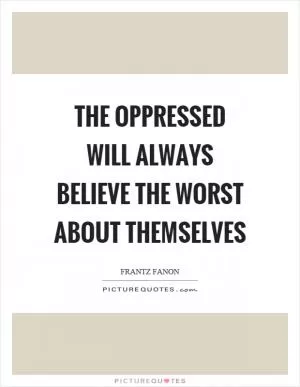
 Friendship Quotes
Friendship Quotes Love Quotes
Love Quotes Life Quotes
Life Quotes Funny Quotes
Funny Quotes Motivational Quotes
Motivational Quotes Inspirational Quotes
Inspirational Quotes